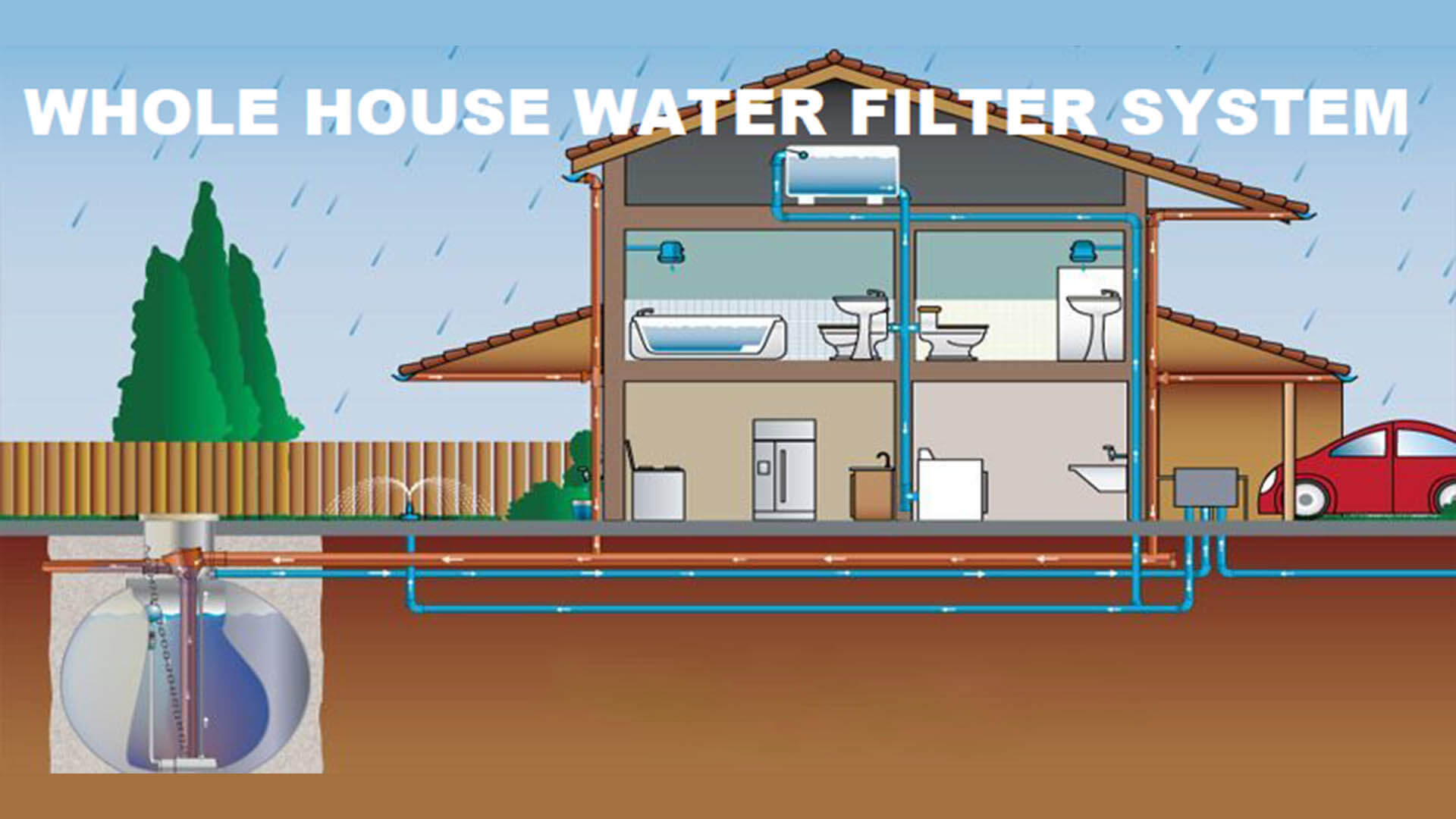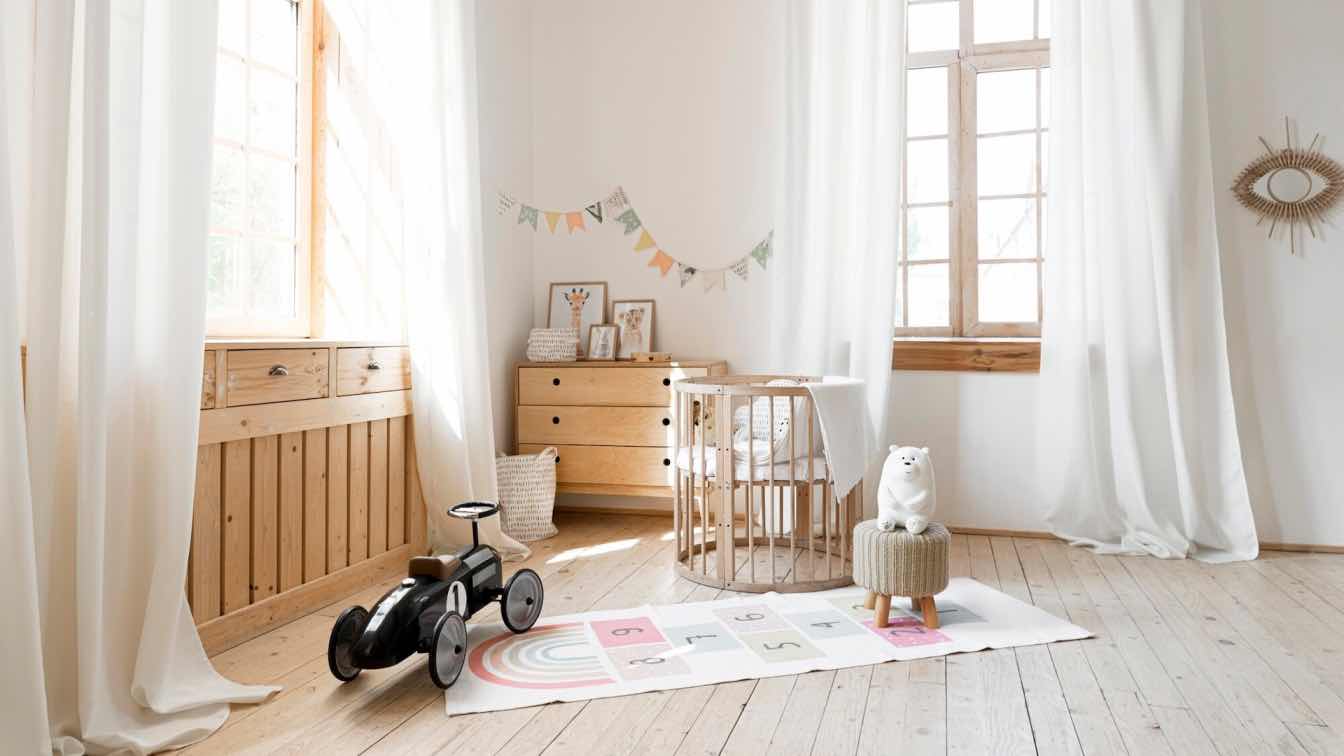Water is essential to life, and it's important that you choose the right water filtration system for your home. Whether you want to install a whole house water filtration system or just a faucet water filter, there are some things to consider before making your purchase.
Whole house systems offer more protection than point-of-use filters because they clean all of the incoming and outgoing water throughout the entire home. In this article, we will highlight the benefits of owning a whole house water filtration system.
What Is a Whole House Water Filtration System?
A whole house water filtration system is a type of filter that cleans all of the incoming and outgoing water throughout your entire home. It's installed on the main water line and filters out contaminants before they have a chance to enter your home or affect your plumbing. Whole house systems are popular among homeowners because they offer more protection than point-of-use filters – for more on how water filtration systems work, see this guide.
What Are the Benefits of Owning a Whole House Water Filtration System?
There are many benefits to owning a whole house water filtration system, including:
- improved water quality for drinking and cooking;
- reduced chlorine taste and odor in your water;
- protection against harmful contaminants.
You should also be aware of the disadvantages. For example, whole-house systems are expensive when compared to point-of-use filters, and they require installation by a professional plumber who is licensed in your state. Fortunately for you, many benefits outweigh these minor drawbacks.
Now that you're familiar with the basics of what a whole house water filtration system is -- let's discuss the options you have.
What Types of Water Filtration Systems are There?
There are many types of water filtration systems on the market, but the most common are point-of-use and whole house. Point-of-use filters are small, portable filters that you can install on your faucet. They're perfect for people who want to improve the quality of their drinking water without installing a whole house system. Whole house filters, as the name suggests, are installed on the main water line and filter all of the incoming and outgoing water for your entire home.
1. Granular activated carbon
(GAC) filters are the most common type of whole house water filter. They work by trapping contaminants in a bed of activated carbon, which is then rinsed with each cycle of water. Other types of whole house filters include reverse osmosis systems and ultraviolet (UV) light systems.
2. Ion Exchange
Ion exchange resin is a type of whole house filter that's been around for decades. It works by trapping contaminants inside the resins, which are then flushed with water from your faucet or washing machine. This process removes more than 90 percent of all harmful chemicals and prevent them from entering your drinking water supply. Unfortunately, resin filters require a lot of maintenance and may begin to leak if they become clogged.
3. Granular activated carbon (GAC)
filters are the most common type of whole house water filter. They work by trapping contaminants in a bed of granulated activated charcoal, which is then rinsed with each cycle of water. Other
4. Reverse osmosis filters
Reverse osmosis filters are a type of whole house water filter that uses pressure to force water through a semipermeable membrane. This process removes more than 95 percent of all harmful chemicals and prevents them from entering your drinking water supply. Reverse osmosis filters require regular maintenance and must be replaced every few years.
5. UV Filters
Ultraviolet (UV) light is a type of radiation that can kill harmful bacteria and viruses. Whole house UV filters use this technology to disinfect your water and prevent them from entering your home. UV filters are effective at killing Cryptosporidium, Giardia, and other harmful microorganisms. However, they cannot remove chemical contaminants from your water.
Which Type of Filter is Right for Me?
That depends on your needs and budget. If you're only interested in filtering the water you drink, then a point-of-use filter may be the best option. If you want to install a whole house system, then you need to decide whether you want a reverse osmosis filter or granular activated carbon (GAC) filter.
Don't be discouraged if this seems like too much information to handle at once; there are many other types of whole house filters on the market, but these five represent the most common choices for homeowners.
Why Testing Your Tap Water Is Important
Before you make a decision, it's important to test your tap water and see what kind of contaminants are present. This will help you decide which type of filter is right for you. You can get a free water analysis from your local water department or purchase a home testing kit from a hardware store or online retailer.
Once you have the results of your water test, you can use this information to select the best whole house filter for your needs. Remember, not all filters are created equal, so be sure to do your research before making a purchase.
Final Thoughts
Now that you're familiar with the different types of whole house filters on the market, it's time to choose one for yourself! If you're still unsure which type of filter is right for you, contact a water filtration specialist. They can help determine the best whole house filter based on your budget and needs.
While there are many types of water filters available in the market today that claim to remove contaminants or purify even hard tap water, not all of them work as well as what is expected from their manufacturers' claims. Hence, it is important to test the water that comes from your taps before investing in a whole-house water filter and to also be well-informed about the different types of filters available should you decide on one.
After all, not every home's water needs are the same - some people may need to invest in a more rigorous filtration system while others may not need a more expensive one. However, it is never too late to ensure the purity of your water, and be sure that you are drinking safe tap water by having your home's whole-house filter installed today!





